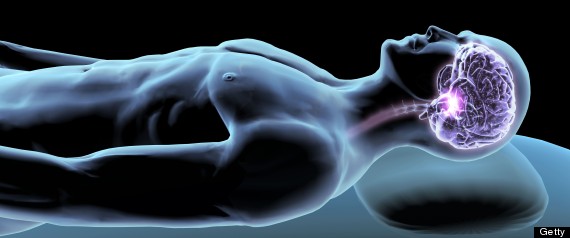In today’s fast-paced world it seems that far too many of us are simply not getting enough sleep.
And, that could have serious implications for both our physical and mental health.
What do we need sleep for?
We tend to think of sleep as a time when the mind and body shut down. But this is not the case; sleep is an active period in which a lot of important processing, restoration, and strengthening occurs. Exactly how this happens and why our bodies are programmed for such a long period of slumber is still somewhat of a mystery. But scientists do understand some of sleep’s critical functions, and the reasons we need it for optimal health and well-being.
One of the vital roles of sleep is to help us solidify and consolidate memories. As we go about our day, our brains take in an incredible amount of information. Rather than being directly logged and recorded, however, these facts and experiences first need to be processed and stored; and many of these steps happen while we sleep. Overnight, bits and pieces of information are transferred from more tentative, short-term memory to stronger, long-term memory—a process called “consolidation.” Researchers have also shown that after people sleep, they tend to retain information and perform better on memory tasks. Our bodies all require long periods of sleep in order to restore and rejuvenate, to grow muscle, repair tissue, and synthesise hormones.
How much sleep do we need?
The Royal Society for Public Health in the UK has warned about levels of sleep deprivation and is calling on the government to issue guidelines on the number of hours sleep we should get.
Shirley Cramer, chief executive of the Royal Society for Public Health, told the BBC how we need to change our attitude to sleep. It seems too many of us see sleep as a waste of time and try to get away with as little as possible.
But healthy sleep is critical for everyone, since we all need to retain information and learn skills to thrive in life. This is likely part of the reason children—who acquire language, social, and motor skills at a breathtaking pace throughout their development—need more sleep than adults.
While adults need 7-9 hours of sleep per night, one-year-olds need roughly 11 to 14 hours, school age children between 9 and 11, and teenagers between 8 and 10. During these critical periods of growth and learning, younger people need a heavy dose of slumber for optimal development and alertness.
Cramer says that if we don’t get enough sleep we are at far greater risk of developing cardiovascular disease, cancer, diabetes and depression.
Cramer insists we need to see sleep in the same way as we do exercise and eating properly – as a necessary part of our healthy living regime and not as a waste of time.
More emphasis on sleep in health regime
The Royal Society for Public Health wants healthcare workers to place more emphasis on sleep, for doctors to ask patients about their sleep habits, and for sleep to be taken seriously as a public health issue.
To find out just why sleep is so important and what it does, watch the first video. For tips on getting a good night’s sleep, watch the second video.
If you would like any advice or have any concerns, you can make an appointment with the doctor or nurse. Call 966 860 258 or email doctors@medcarespain.com
sources: https://www.sleepfoundation.org/


